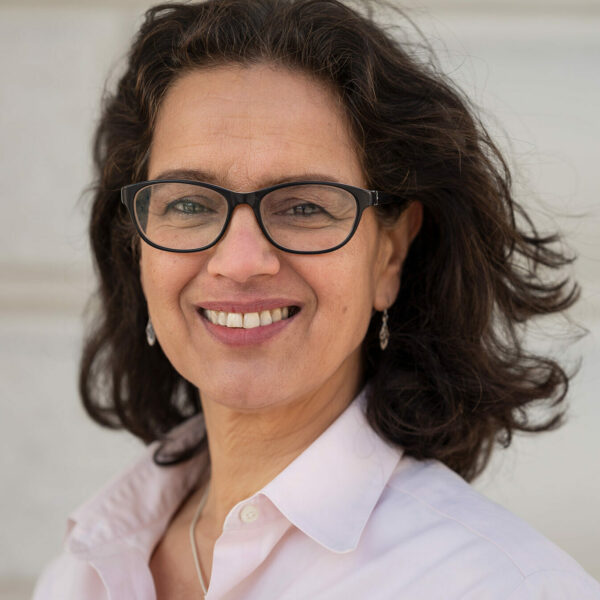Event Details
This Workshop-Medium has already taken place.
Alexandra Mazek
Österreich,
Austria
AT and Focal Dystonia
Dystonia is a movement disorder. ‘Focal’ refers to a condition affecting a precise area of the body, e.g. hands – writer’s cramp or musician’s dystonia, neck – torticollis, or eyelids – blepharospasm.
Dystonia exemplifies the oneness of mind and body. Every mental ripple can cause worsening of symptoms and, interestingly, there is not much difference between the effect of a pleasant or an unpleasant excitement. The inability to control one’s movements, especially when it seems particularly important, causes great stress and insecurity. As Alexander Technique teachers we know how to direct the attention away from the goal (control of a certain part) to the means and to the whole, our direction helps to re-organise neural pathways that have gone topsy turvy and our touch can provide a feeling of calm and security. These are very important prerequisites for supporting people on their path to recovery. And I hope to provide you with some useful information, both about the findings from recent research about dystonia and from my practical experience in dealing with it.
Workshop content
- stepping into the shoes of a person with dystonia
- some insights from scientific research;
- useful, practical procedures, dos and don’ts;
- time for specific questions and for sharing your experience of working with dystonia.
Read more by clicking the link to the article “Dystonia” which was written together with my colleague Christian Steineder and published in STAT News in Jan.2019
Dystonia article_Statnews_Jan2019_v2
About Alexandra Mazek
At 27, I lost my voice due to a so-called spasmodic dysphonia. The voice sounded broken, vanished and reappeared like a radio signal flickering. Talking to strangers, ordering coffee from a waitress, and even casually saying “Hello” became very difficult. Not to speak of the inability to confront groups of people. Eventually, I had to give up my job in International Development.
When I encountered the Alexander-Technique I felt that here was a possibility for recovery but also an art to be learned; so I trained and have been learning and working full time as an AT teacher ever since. Several people affected by Dystonia have had lessons with me for years.
Apart from the Alexander Technique, my “Heartfulness” meditation practice has been instrumental in re-establishing my health.
mazek@chello.at
http://www.at-vienna.at/
See also: Alexandra Mazek – Presenter Detail Page
Workshop-Medium
Wednesday, 24 August 2022
10:30 h - 11:45 h (10.30am-11.45am)
Main Building
Floor: EG (ground floor)
Room: H 0111
CATEGORIES
AT Principles and Procedures||Practical Teaching Skills||Science
3
WORKSHOP STYLE
Fully Practical
Lecture
OPEN FOR
Teachers||Trainees||Everyone

